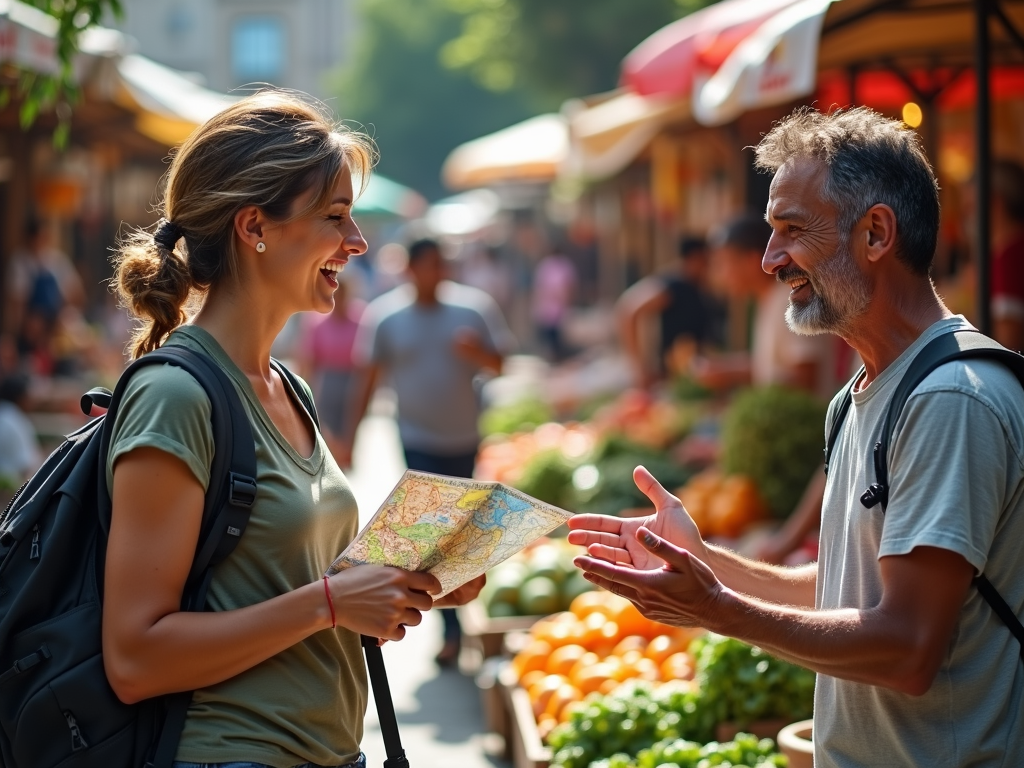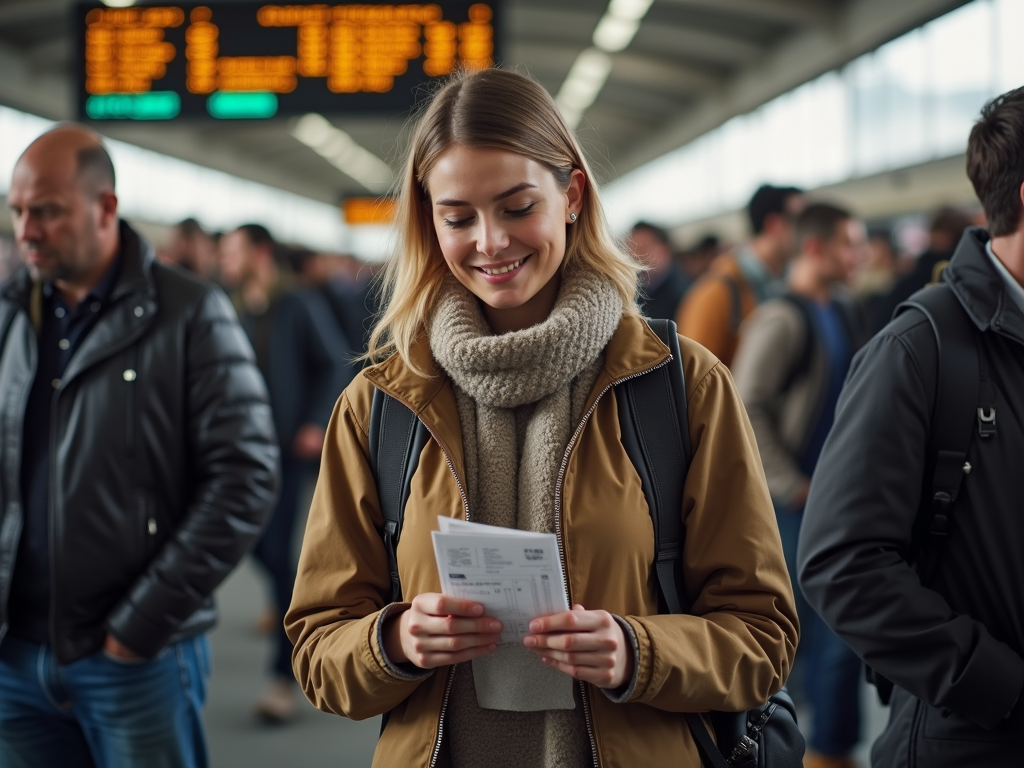Why Learning a Language Boosts Your Travel Experience
By , June 6, 2025
Learning a new language can transform your travel experiences, opening doors to deeper cultural connections and more meaningful interactions. Whether you’re exploring a vibrant city or volunteering abroad, language skills make every moment richer. Discover Why Learning a Language Boosts Travel and why it’s worth the effort.

Better Communication with Locals
When you speak the local language, even just a little, travel becomes more exciting. You can ask for tips, directions, or help without needing apps or hoping someone speaks English. This leads to real experiences. Locals often share hidden gems—like a cozy café or a secret beach—when you connect in their language.
Picture yourself in a Moroccan market. You ask a vendor in Arabic about their spices. They smile, share a story, and maybe even offer a discount. These moments turn a simple trip into something unforgettable.
Navigating Made Easy
Knowing the language helps you read signs, menus, and schedules. No more guessing or stressing over translations. You can travel smoothly and feel more in control.
In Japan, for example, basic Hiragana lets you read train station signs or order ramen without pointing awkwardly. It’s a small skill that makes a big difference. You save time and enjoy the journey more.

Showing Respect Wins Hearts
Trying to speak the local language shows respect. It proves you care about the culture and want to connect. Locals notice this effort and often respond with kindness.
In France, saying “Bonjour” or “Merci” can earn you a warm smile. People appreciate it when travelers step out of their comfort zone. This small act builds bridges and makes your trip more welcoming.
Dive Deep into Culture
Language unlocks cultural immersion. You can join local events, understand traditions, and feel like more than just a tourist. It’s about living the experience, not just watching it.
Imagine sipping tea at a Chinese ceremony because you speak Mandarin. Or cooking pasta with an Italian family who teaches you their recipes. These are treasures you can’t find in guidebooks.

Boost Your Confidence
Speaking the language builds confidence. You can handle surprises, explore new places, and make bold choices. It’s freeing to travel without fear.
Hiking in the Swiss Alps? Knowing German or French lets you ask for trail tips. You’ll feel ready to take on anything, from winding paths to stunning views.
Stay Safe with Language
In emergencies, language can keep you safe. You can ask for help, understand warnings, or talk to police. It’s a practical skill that matters.
In Chile, where earthquakes happen, Spanish helps you follow safety instructions fast. Studies show language skills improve travel safety (check the British Council for more). Peace of mind lets you focus on fun.

Create Stories to Tell
Language leads to amazing moments. A funny mix-up or a random chat can become your favorite travel story. These experiences stick with you.
In Thailand, you might talk to a monk in Thai and get invited to meditate. Or in Brazil, join a samba party because you understand the beat. These are the tales you’ll share forever.
Make Friends for Life
Shared language connects people. You can bond with locals or other travelers, creating friendships that last beyond your trip.
In Spain, chatting in Spanish with a local could lead to a dinner invite. In India, Hindi might get you a lifelong pen pal. Language turns strangers into friends.

The Importance of Language in Global Volunteering
Volunteering abroad is incredible, but language barriers can slow you down. Knowing the local language makes international volunteering more effective. You connect directly with people, understand their needs, and build trust.
Take a medical clinic in Peru. Speaking Spanish lets you comfort patients and explain care. Your work feels more rewarding when you’re truly helping.
Volunteer Abroad and Learn a Language
Many volunteer programs teach language skills. It’s a perfect combo: travel, help others, and learn. You practice daily, immerse in the culture, and grow fast.
Picture teaching English in Kenya. Learning Swahili helps you bond with students. You’re not just a volunteer—you’re part of the community. It’s a win-win.
Tips for Learning a Language While Traveling
Here’s how to start: - Learn basic phrases like “hello” and “thank you.” - Use apps like Duolingo or carry a phrasebook. - Talk to locals every chance you get. - Join cultural events to practice. - Take a short class on your trip. - Don’t fear mistakes—they’re part of learning!
| Method | Pros | Cons |
|---|---|---|
| Language Apps | Easy, flexible | Less depth |
| Classes | Structured, hands-on | Takes time, costs more |
| Immersion | Real, practical | Can feel hard |
| Language Exchange | Fun, social | Needs a partner |
Pick what fits your style!
Summary
Learning a language changes travel for the better. It helps you talk to locals, dive into cultures, and volunteer abroad and learn a language with impact. From safety to friendships, the perks are endless. Start today—your next adventure will thank you.